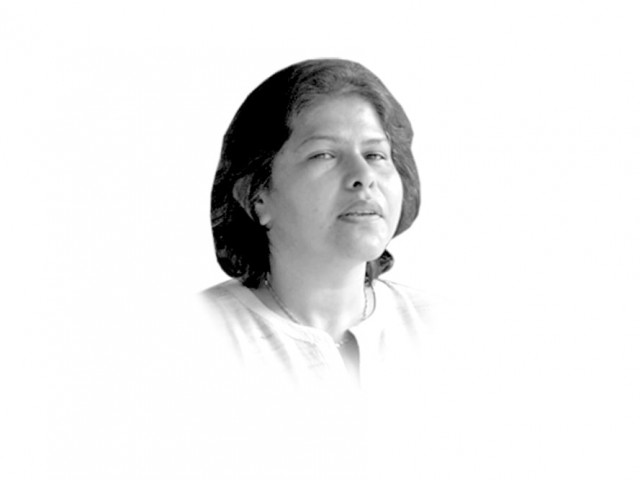An incomplete dialogue
Khan's inspiration is not Wahhabism or Deobandism but closer to Sufi-spiritualism, and an unfinished conversation.

Refreshingly, Imran’s ideological politics does not follow the Taliban. In fact, after reading the book one is sure he is not a Taliban as many accuse him to be. His sympathy for the Taliban and what he considers as Pashtun tradition, and anger against the US is driven by his suspicion of the damage that American presence has done to the region. Or perhaps, his companions like the Jamaat-e-Islami or even Hamid Gul influenced his conclusions about the war in Afghanistan. In any case, many of the liberal-nationalists have similar views. Over the years, many Pakistanis, like Imran Khan, have become ever more confused on what to make of Taliban and Talibanisation. But his discourse on religion and the state does not seem to have followed the Jamaat or Hamid Gul script. While some may call it naïve, which it is partly, I would call it an unfinished conversation in which the author has struggled to find the liberal forces within religion. For instance, for Imran, the role of the state in Islam is that of a welfare state. Clearly his inspiration is not Wahhabism or Deobandism but comes closer to the Sufi-spiritualism that he seems to have drawn from his mentor: one Mian Bashir from his hometown of Lahore.
Like Benazir Bhutto’s last book, Imran’s has also been written for a foreign audience as an effort to disabuse non-Muslims (and Muslims) of their ill-founded perceptions of Islam as being a religion of violence. His constant citation from the Holy Quran is aimed at highlighting its rationality and inherent call towards peace. This is perhaps closer to the political formula suggested by the Tunisian leader Rachid Ghannouchi that aims at reshaping Islam’s political discourse and making it inclusive of other faiths and communities with the purpose of introducing a political system that brings
coexistence and yet is devoid of the abject hollowness of the capitalist system.
And this is where Imran needs to come forward and engage in a dialogue with himself, other people and his own supporters regarding getting greater clarity on making religion less of an anathema. It’s worth remembering that the Arab experience of religion and their fundamentalism is very different from our own in South Asia. A lot of people just naturally make the mistake of thinking that whatever is applicable in the Arab world can naturally work for Pakistan which is not correct. Ours is a more jingoistic and xenophobic type that aims at violently eliminating the opposite rather than absorbing the ‘other’ through a dialogue and creating greater space. So, it would, for instance, help Imran Khan if he were to read Maulana Masood Azhar’s three volumes on jihad according to the Holy Quran in which the interpretation is set against the ahle-kitab — the people of the book — Christians and Jews.
It’s also a fact that the average worker of most political parties, including Pakistan Tehreek-e-Insaf, is increasingly unsympathetic towards the plight of the Ahmadis and other minorities that Imran so bravely highlights in his book and in some of his talks. Similarly, he seems not to keep silent in condemning Salmaan Taseer’s murder. The question that Imran Khan really needs to ask himself is, given the current ideological direction of the entire Muslim society in Pakistan, where does he find the possibility of rationalising the rabid discourse? The Ghannouchi formula may not be applicable to Pakistan as our current ideological bearings are rabid and bound to destroy the ‘other’. Not that this is not already happening. We are seeing a rapid erosion of liberal-inclusive spaces. However, there is a great need for rationalising Islamic-political discourse all over to minimise the conflict and allow for the growth of happy societies. Unfortunately, a lot of people including the great cricketer are boxed in a society that cannot imagine and think more openly. In this situation, Imran has to find a way of critiquing his Jamaat companions and using his stature to bring greater rationality. Not to forget, we don’t want to loose another politician in the Taseer way.
Published in The Express Tribune, October 23rd, 2011.















COMMENTS
Comments are moderated and generally will be posted if they are on-topic and not abusive.
For more information, please see our Comments FAQ